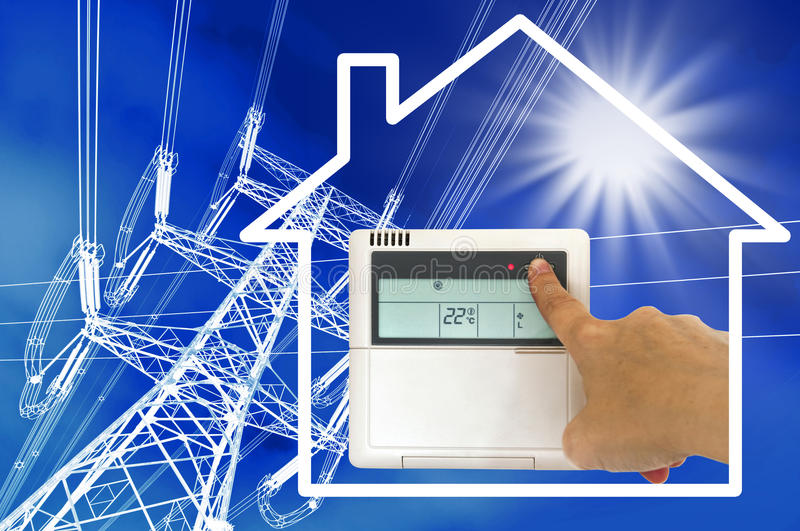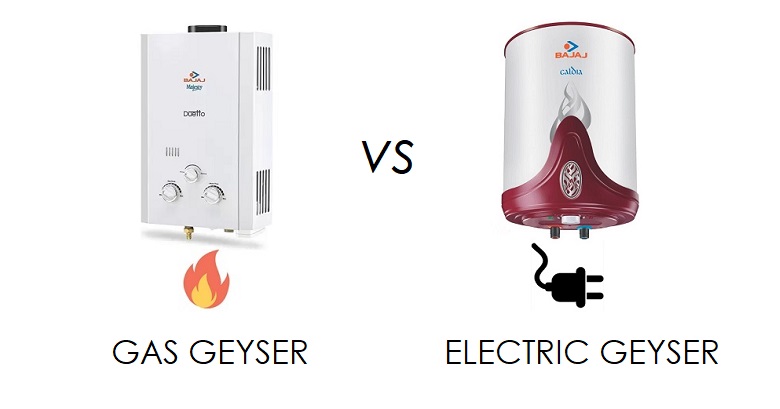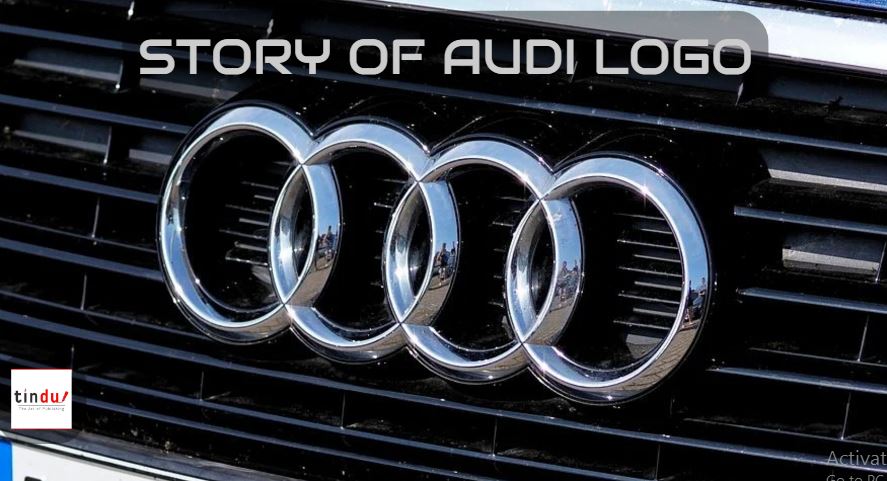Electric heating is the method of generating heat by utilizing electrical energy. Electric heating techniques have evolved since the invention of electricity, and they are generally more straightforward and effective than other types of heating (i.e., coal, gas, or oil).
Electric heating can easily handle all heating requirements for residential tasks like cooking, room heating, water heating, clothes ironing, kettles, hair drying, ovens, and toasting bread as well as for industrial tasks like welding, drying, melting, soldering, brazing, and hardening. Let’s examine the benefits and drawbacks of electric heating in this post.
Advantages Of Electric Heating
1. Economical
The initial cost of an electric heating system is low compared to coal, gas, or oil heating systems. All electric heating systems do not require much-skilled labor which in turn reduces the labor cost and maintenance costs. Since there are no such internal moving parts in electric boilers, wear and tear in the equipment is greatly reduced, thereby increasing the life span of the equipment and reducing scheduled service.
2. Cleanliness
While no such pollutants are released during electric heating, ash and dust do occur during coal heating. Electric heating is therefore the cleanest form of heating, resulting in the lowest possible cleaning costs.
3. Pollution Free
There is no combustion process involved in an electric heating system, hence no such hazardous or flue gases are produced. In order to maintain a clean environment and to avoid the need for gas exit space, this heating technology is fully pollution-free.
4. Easy Control
Temperatures in the furnace can be achieved easily, accurately, and dependably by using manual or automatic systems with timers. Other heating methods make it difficult to control and regulate the heat in order to achieve desired temperatures.
5. High Efficiency :
It has really been shown that alternative heating systems only use 40–60% of the heat generated. In contrast, by placing the heat source close to the area that needs heating, approximately 75 to 100% of the heat generated by electric heating can be effectively utilized. As a result, an electric heating system has a very high overall efficiency.
Disadvantages Of Electric Heating :
- Despite the fact that an electric heating system is a best and most effective way to generate heat. It has some shortcomings, like :
- Electric heating systems are more expensive than traditional heating systems in regions with high electricity costs.
- Electric heaters are best suited for heating little spaces in a home heating system; they cannot be used to heat expansive spaces.
- Electrical risks include electrical shock, fire, arc flash, and explosions could occur.
- Electric heating necessitates a greater than usual electricity service, which comes at a significant cost.

















